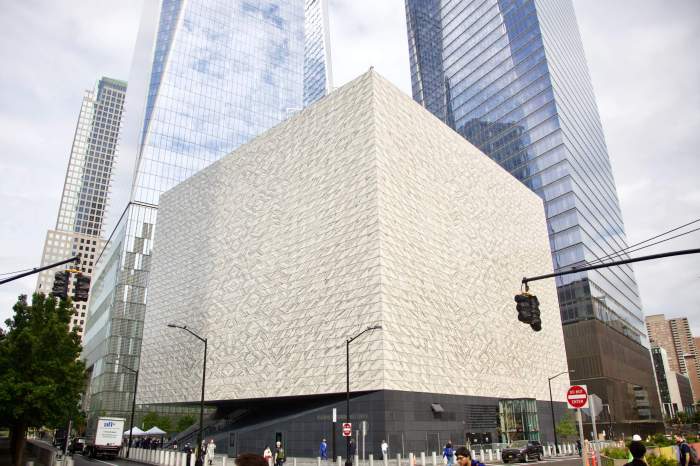By Andrei Codrescu
People have my best interests at heart, they want to educate me. They also make me feel guilty. Here, for instance, is an essay by Terry Eagleton entitled “Where Have all the Intellectuals Gone?,” forwarded to me by my friend Danny, my chief source of “intellect-in-crisis” literature. It’s a vast area. Danny, for all his good will, can forward me only a fraction of what intellectuals write about being in (or having an) intellectual crisis. The Terry Eagleton essay is itself a review of a book by Frank Furedi called “Where Have All the Intellectuals Gone?,” a book wherein intellectuals are seen as vanishing because of attacks on cleverness from the right and attacks on elitism from the left. Squeezed between a hammer and an anvil with red-hot pincers, the intellectual in the Jean-Paul Sartre, Hannah Arendt, Susan Sontag, and Noam Chomsky mold is in danger of disappearing. Frank Furedi and Terry Eagleton are both intellectuals in that mould, generalists who have perceptively noted the disappearance of everything and have now arrived at the last thing to disappear: themselves. I feel guilty because as a scholar and pamphleteer myself I never made it to the A-list of disappearing intellectuals in the Furedi-Eagleton mold. In other words, I haven’t sufficiently caught the weight-adding gazes of other disappearing intellectuals to make me worthy of disappearing. And now it’s been declared gone. I’m veklempt.
Another weighty forward is by Nobel-laureate Seamus Heaney eulogizing Nobel-laureate Czeslaw Milosz. Everyone, including my editor, has been making me feel guilty since Milosz died, for not having written anything about my fellow Eastern-European dissident poet who was so well-known. Seamus Heaney writes about Milosz with the Olympian insouciance and necessary warmth that Nobelists often have for each other. He stresses the man’s nobility and the gravity of his verses, a stress that cannot but reflect the nobility and gravity of Heaney’s own verses. My own non-Nobelistic opinion is that, at least in English, Milosz was a mediocre poet. I don’t read Polish. I think that his Nobel, and Heaney’s for that matter, is not a measure of genius, but an election to a highly political club. The intellectual generalist that was Jean-Paul Sartre turned down the Nobel prize for that reason. On the other hand, Milosz was a great essayist, an intellectual in precisely the mold that Furedi-Eagleton tell us is disappearing, but because of his right-leaning views he didn’t make the A-list either.
In my opinion, nobody’ll figure out what’s disappearing until they figure out who’s disappearing.
WWW Downtown Express

















